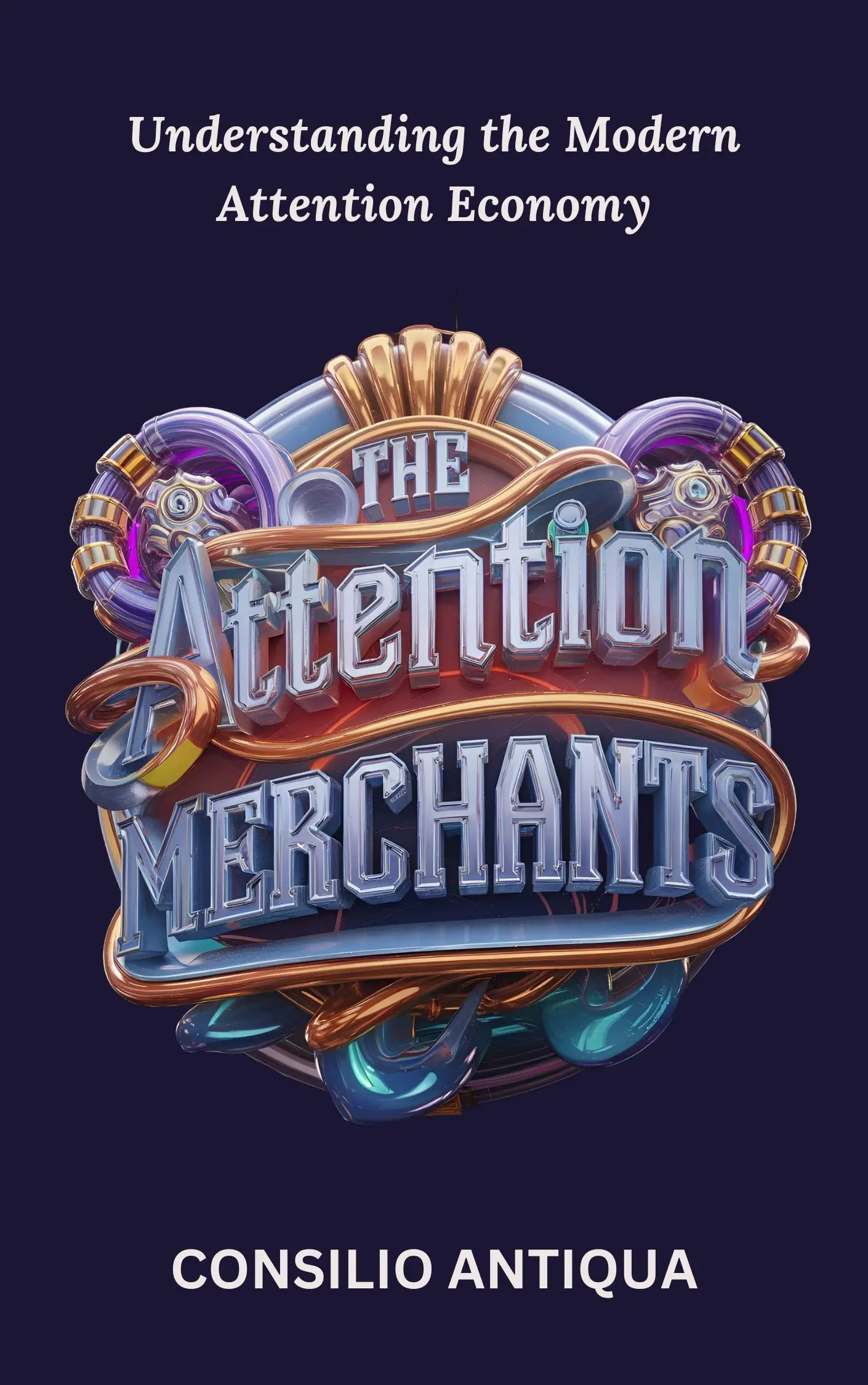
The Attention Merchants | Chapter 3. Technology's Role in Capturing Attention
Chapter 3. Technology's Role in Capturing Attention
Sixteen-year-old Maya barely registers the world around her as she scrolls through an endless stream of TikTok videos. A dance challenge, a cooking tutorial, a cat playing the piano – each clip holds her attention for mere seconds before she swipes to the next. Without realizing it, Maya has fallen under the spell of technology meticulously designed to capture and hold her focus. This isn't accidental; it's the very foundation of the modern attention economy.
Think about the last time you opened Spotify or Apple Music. Chances are, the app suggested a playlist or album you found surprisingly appealing. That's no coincidence. Behind the scenes, sophisticated algorithms are analyzing your listening history, comparing it to millions of other users, and predicting what you'll want to hear next. These algorithms are the invisible architects of our digital experiences, constantly learning our preferences and tailoring content to keep us engaged.
AI plays a crucial role in this personalization process. Let's say you're browsing for shoes online. Suddenly, ads for sneakers start popping up on your social media feeds and other websites. This isn't magic; it's AI at work. By tracking your online activity, AI can identify your interests and target you with relevant ads. The more you interact with these ads, the more data the AI gathers, further refining its understanding of your preferences.
This creates a powerful feedback loop. Every click, every like, every comment we make online feeds into a vast pool of data that platforms use to improve their algorithms. The more engaged we are, the more data we generate, and the more personalized our online experiences become. It's a cycle designed to keep us glued to our screens, constantly seeking the next dopamine hit of a perfectly tailored piece of content.
But it's not just algorithms that keep us hooked. Notifications, those little red badges that appear on our app icons, are expertly crafted to pull us back into the digital world. Imagine you're trying to focus on a task when your phone buzzes with a breaking news alert. Your attention is instantly diverted, and you find yourself scrolling through the news app, even though you had no intention of doing so just moments ago.
Gamification techniques also play a significant role in capturing our attention. Think about language learning apps that reward you with streaks for consecutive days of practice or fitness trackers that award badges for reaching certain milestones. These features tap into our innate desire for achievement and recognition, keeping us motivated to stay engaged with the app.
While personalized experiences can be convenient and enjoyable, they also have a downside. Constantly being fed content tailored to our existing preferences can create filter bubbles, limiting our exposure to diverse perspectives and potentially reinforcing our biases. We may start to believe that everyone thinks the same way we do, simply because our online world reflects our own views.
The ethical implications of AI-driven attention capture are also worth considering. Are we comfortable with platforms using our data to manipulate our behavior and keep us hooked on their services? What about the potential for privacy violations as these platforms gather increasingly detailed information about our lives? These are complex questions that society is still grappling with.
So, how can we navigate this attention economy without becoming slaves to our devices? One strategy is to be mindful of the triggers that pull us into the digital world. Turn off non-essential notifications, set time limits for social media use, and create designated tech-free zones in your home. Another approach is to actively seek out diverse perspectives and challenge your own biases. Read articles from different sources, engage in conversations with people who hold different viewpoints, and be willing to question your own assumptions.
The attention economy is here to stay, but we don't have to be passive consumers of its offerings. By understanding the techniques used to capture our attention and by developing strategies to manage our digital consumption, we can reclaim control over our focus and live more intentional lives.
